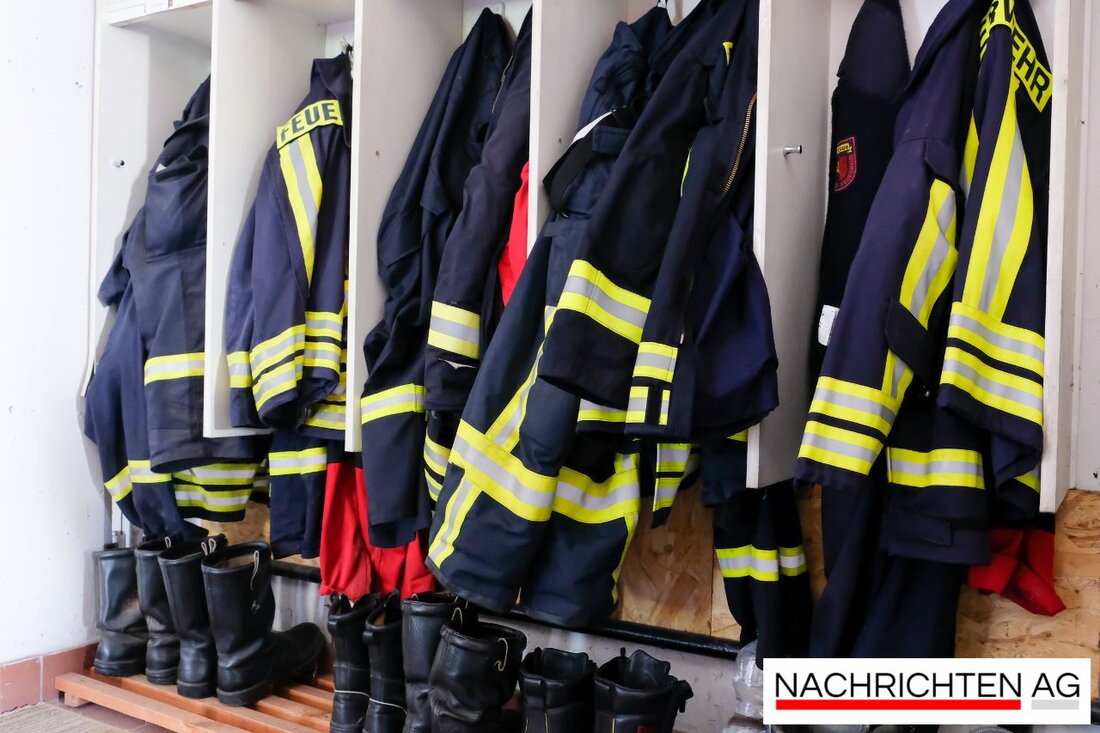Storm surge Joshua hits Hamburg: Fire brigade in constant operation!
St. Pauli is under water as storm surge from deep “Joshua” hits Hamburg. Current reports and weather conditions here.

Storm surge Joshua hits Hamburg: Fire brigade in constant operation!
The low pressure area “Joshua” is causing unsettled conditions in northern Germany today. Hamburg and the mouth of the Elbe in particular are again affected by a storm surge. The water spilled over the edge of the quay at the fish market in St. Pauli, but fortunately there was no significant damage. The water level reached 1.85 meters above mean high water and thus exceeded the storm surge mark of 1.50 meters sat1regional.de reported.
The storm surge also had an impact on the North Frisian coast. On Sunday afternoon the waves raged in full force, while numerous ferry connections to the North Sea islands were canceled. Despite the stormy weather, the weather forecast remains optimistic: BSH meteorologists expect that no further storm surges are to be expected in the next few days. However, the weather remains windy, even though the strong gusts are slowly easing.
Fire brigade operations in Lower Saxony
While the storm surge overflowed its banks in Hamburg, the fire brigade in Lower Saxony went on numerous missions. In Bad Zwischenahn a large tree fell on the tracks, paralyzing the railway line between Leer and Oldenburg for hours. In another incident, a regional train collided with the fallen tree, luckily there were no injuries. The 50 passengers were safely transported to Oldenburg by bus while the overhead line had to be repaired. This led to delays and cancellations of up to 45 minutes for long-distance trains between Norddeich Mole and Hanover.
The squalls also left their mark on the island of Borkum: parts of the roof of the Christ Church were lifted and emergency services had to secure the danger area. It remains to be seen whether any damage was actually caused to the church roof. In several cities, including Hildesheim and Hanover, cemeteries, parks and zoos were closed to ensure the safety of citizens. In addition, the Campen lighthouse in Krummhörn remained closed for safety reasons and the Weser ferry in Bremerhaven was temporarily canceled due to flooding.
A look at previous floods
Unfortunately, flooding events are not uncommon in Germany and are among the most common natural disasters worldwide. Since 2000, they have accounted for almost 37 percent of all natural disasters. The European Parliament definition describes floods as temporary flooding of land that is not normally covered by water. Global climate change is a major factor that is exacerbating the flood situation. A warmer atmosphere can store more water and therefore leads to more frequent heavy rain events. In Germany, around 7.6 percent of all addresses are at statistical risk of flooding statista.de reported.
The dramatic scenes of flood disasters, such as the devastating situation in July 2021, when Lower Saxony and North Rhine-Westphalia were affected by extreme rainfall, are still remembered by many. In order to minimize future damage, the consistent expansion of flood protection and the consideration of natural retention areas are urgently necessary.
So while storm “Joshua” moves across northern Germany, residents and authorities must remain vigilant and prepare for possible further weather events. The coming days could see further rainfall, even in the form of snow at higher altitudes, while temperatures will fall to freezing on Monday night.

 Suche
Suche
 Mein Konto
Mein Konto